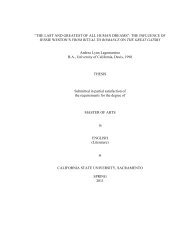national register nomination for boulevard park historic
national register nomination for boulevard park historic
national register nomination for boulevard park historic
Create successful ePaper yourself
Turn your PDF publications into a flip-book with our unique Google optimized e-Paper software.
Residential hotels were anathema to city planners and re<strong>for</strong>mers who sought to<br />
separate home life from the workplace and the marketplace. Progressive re<strong>for</strong>mers of the<br />
early 20 th century were the initial advocates of hotel regulation, as part of their overall<br />
ef<strong>for</strong>ts to mitigate the problems of urban life. Groth states that many of the initial<br />
attempts to regulate residential hotels improved hotel life, like regulations mandating<br />
ventilation, minimum square footage, ratios of toilets to rooms, and other health and<br />
safety rules. However, <strong>for</strong> many Progressives, the density of hotel life and the<br />
intermingling of different social classes that resulted were problems as serious as<br />
sanitation and safety. City planners used new tools like zoning to prohibit new residential<br />
hotels and boarding houses in the central city, but also prohibited their construction in<br />
new suburbs. The model <strong>for</strong> Progressive residential districts was based around family<br />
life, with lawns, open space and detached dwellings. Backed by earlier Progressive ideas<br />
about slum clearance and zoning, business interests in central cities wanted valuable<br />
downtown lots <strong>for</strong> expansion of the business district and new freeways to carry suburban<br />
residents to downtown businesses. Hotels were not counted as residential units, and did<br />
not require replacement be<strong>for</strong>e demolition. Their residents were not eligible <strong>for</strong> relocation<br />
assistance or public housing. Federal policies <strong>for</strong> public housing counted only families,<br />
not individuals, and ignored the massive population of hotel dwellers displaced by urban<br />
renewal. This population crowded into the surviving existing residential hotel stock, or<br />
became homeless due to the lack of other options. Groth holds the re<strong>for</strong>mers responsible<br />
<strong>for</strong> the elimination of housing <strong>for</strong> millions, and claims that the lack of this housing type<br />
became a significant cause of homelessness through the present day. He closes by calling<br />
22



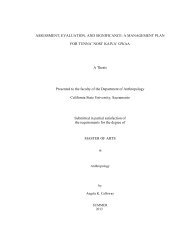
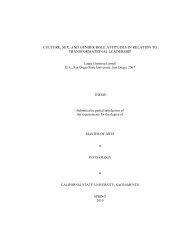
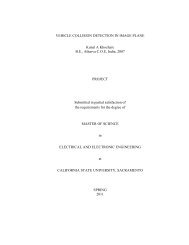
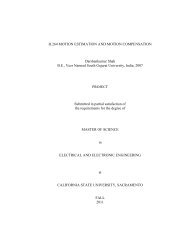
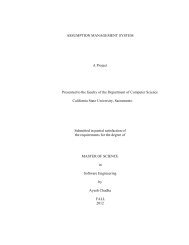
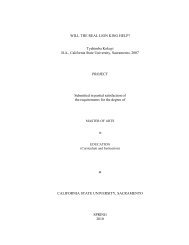
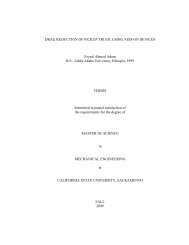
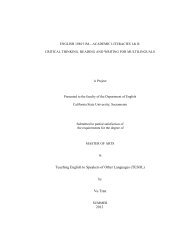
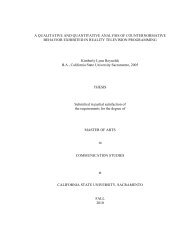
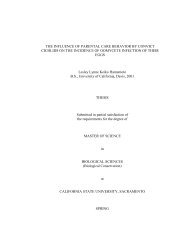
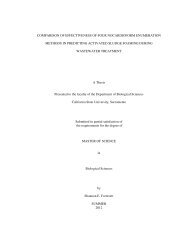
![Completed Thesis to Grad Studies[Final3].pdf](https://img.yumpu.com/17538645/1/190x245/completed-thesis-to-grad-studiesfinal3pdf.jpg?quality=85)
